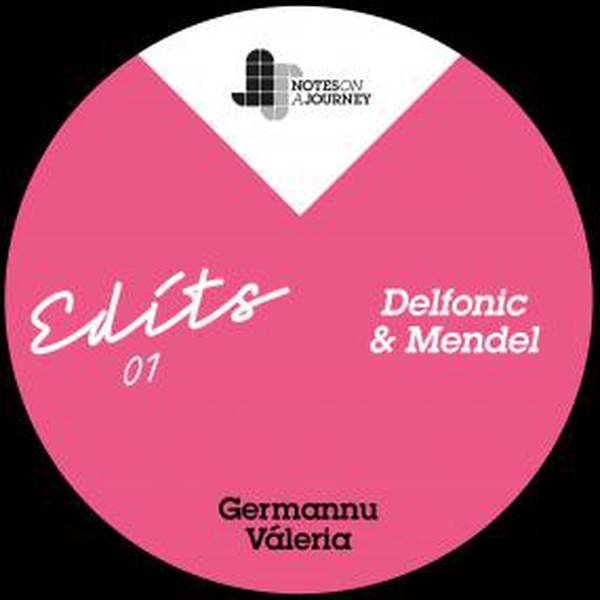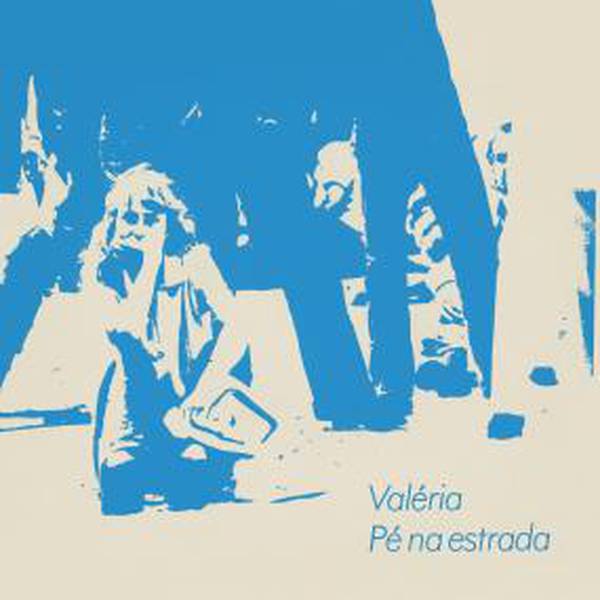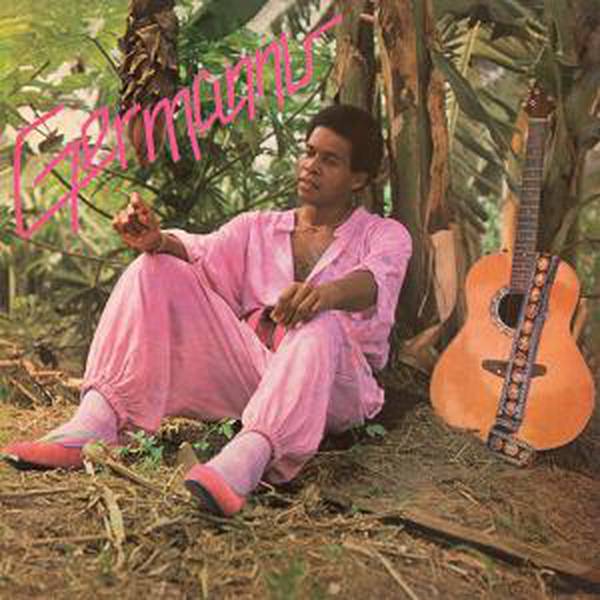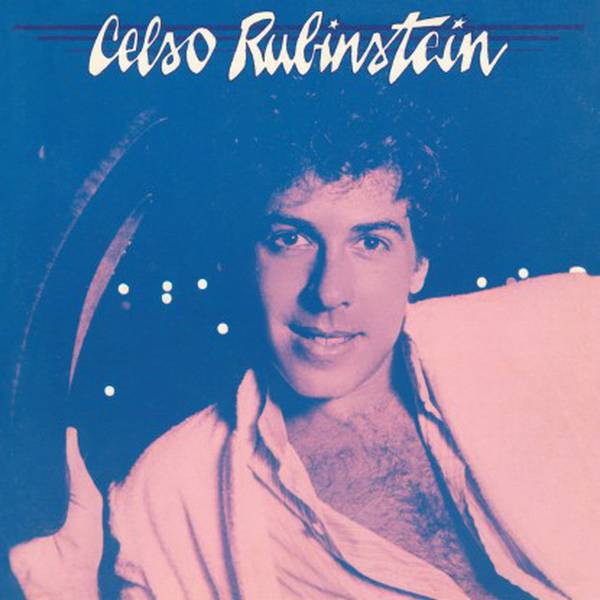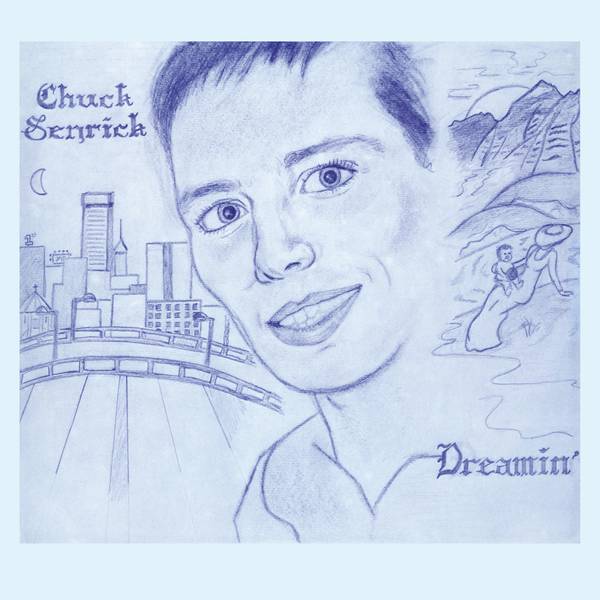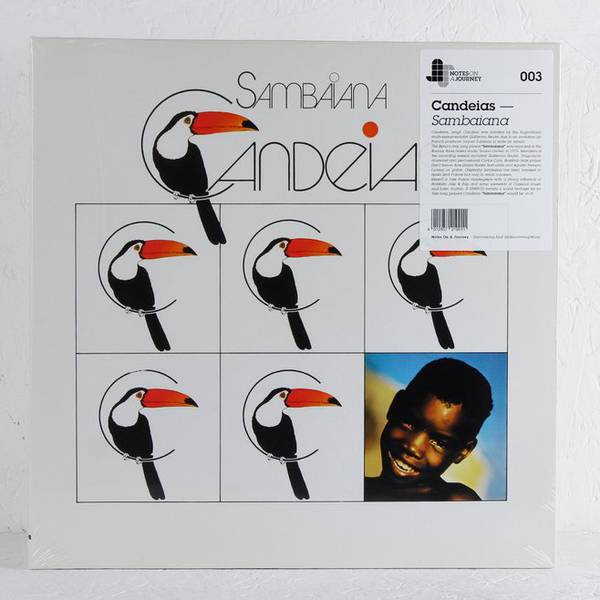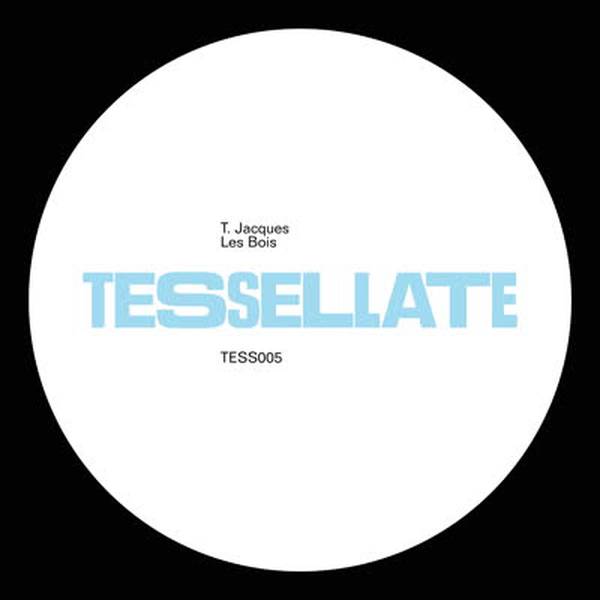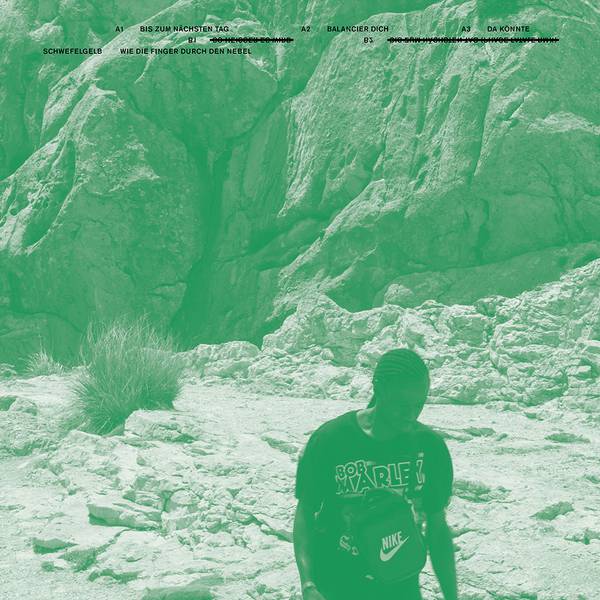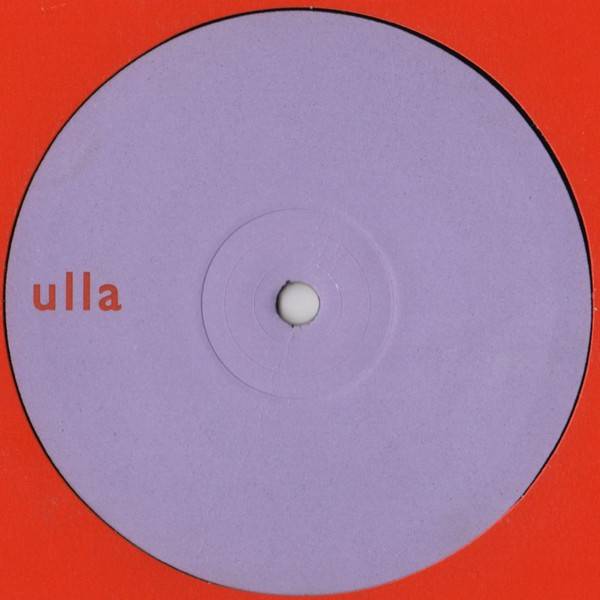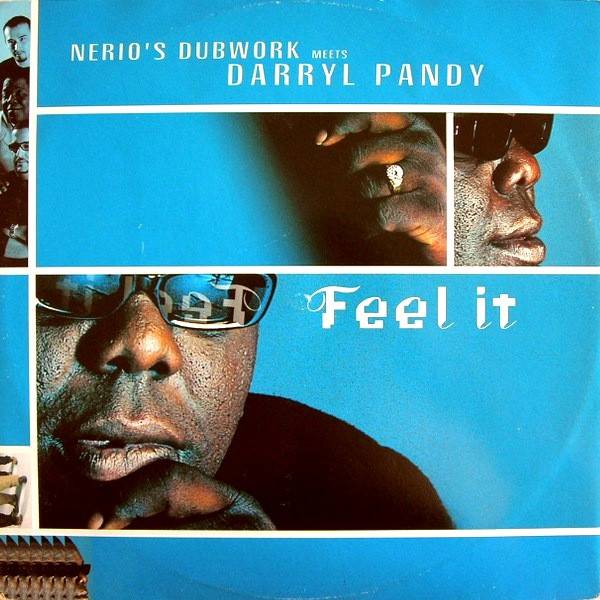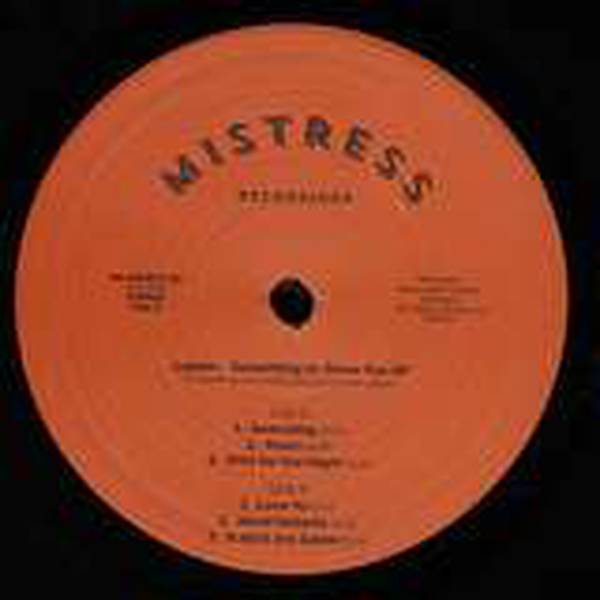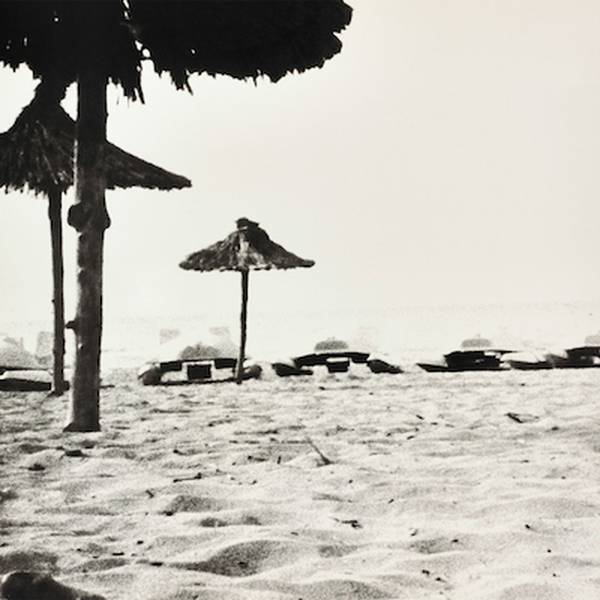
Tax included, Shipping not included
It's 1981. Everything seems possible in the realms of music. The barriers between genres are being willfully torn down, punk is discovering the synthesizer, the drum machine is replacing the drummer and no idea is too absurd to pursue. The winds of change are blowing from New York to London, Berlin and Tokyo and there's a palpable, uninhibited spirit of optimism in the air turning music industry on it's head. People are experimenting with novel equipment, bands are springing up like mushrooms, line-ups disband and regroup. A whole generation is being inspired by a do-it-yourself mentality, creating an unprecedented knowledge of how to produce music. Every artist seems to be full of ambition, conquering new frontiers whilst often participating in several projects simultaneously. When today, we look back at this time it appears as an unintelligible mess with no economic viability, but 30 years ago it was simply the sheer desire for artistic freedom, self-fulfillment and the urge to have control over one's own creative work that was the driving force.
Let's take the guitar player, Wolfgang Spelmanns. After leaving DAF (Deutsch Amerikanische Freundschaft) in December 1980, his head was full of ideas and an exuberant compulsion to express himself in as many ways as possible. A singular focus is impossible. One of these endeavors is a visit to Werner Lambertz's studio in Du?sseldorf. While the first few takes, of what later would become “Bewegliche Ziele”, are being recorded, the main object is putting Lambertz's self-designed modular percussion computer to the test. But the shenanigans don't end here. Soon after, Jaki Liebezeit, the drummer of Can, is invited to jam freestyle over the programmed beats. New technologies and innovative methods have drawn the attention of Liebezeit, challenging him to play as monotonously as if he were a machine himself (or a computer in this case). It takes him less than 90 minutes to ad-lib two stunning drum tracks for Spelmanns' still nameless project. Spelmanns however, is not in a hurry to finish the tracks. Unlike the bustling drummer, his focus has a much broader horizon. Instead he wanders off and forms Mau Mau, a new band with his old flat mate and former partner in DAF, the bass player and member of Du?sseldorf group Fehlfarben, Michael Kemner. Consequently, the recordings are left to the side and almost forgotten about.
